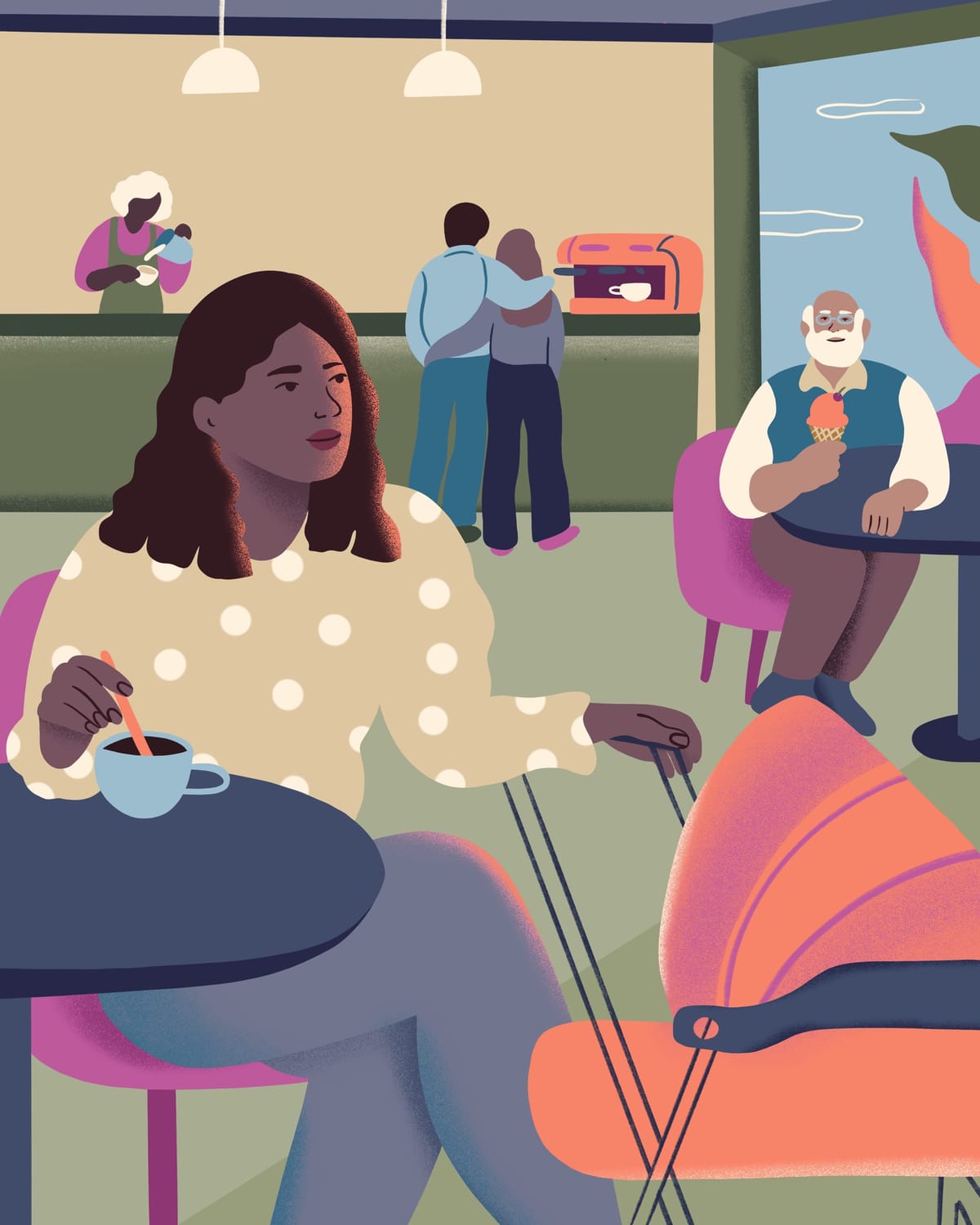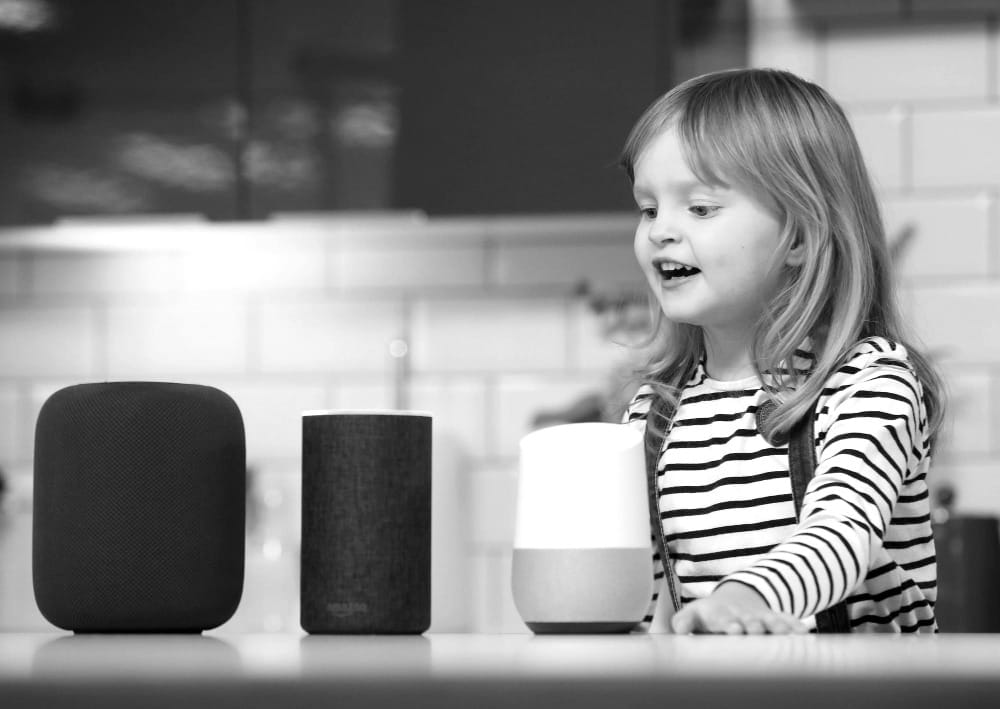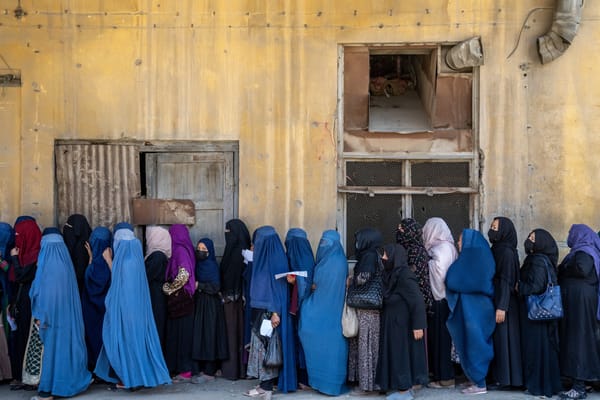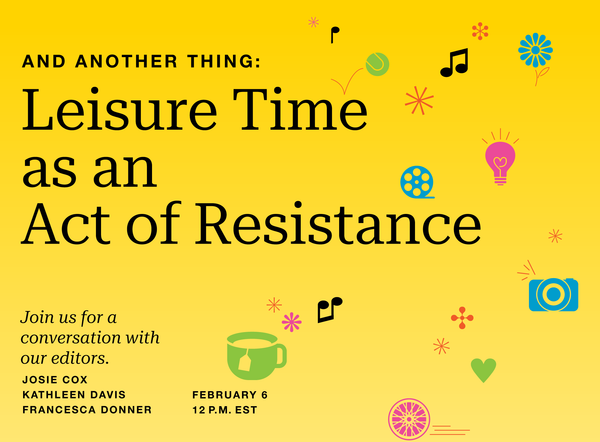The Community I Never Knew I Needed? It Was Right Here All Along.
When I went on maternity leave, I assumed I’d be lonely. Instead, I connected with the world in a whole new way.

At around 11.30 a.m., the coffee shop near my home gets a rush of visitors. I like to watch as the crowd comes in: Two men in fluorescent jackets devouring sausage rolls, a young couple ordering salads, an elderly man sitting at the window eating ice cream.
And then there’s me, tentatively sipping an iced latte, a first-time mother to a newborn, slowly adjusting to life on maternity leave. Watching the seats around me fill, it occurs to me that I’d never seen the café so busy.
Of course, I’d never been to the café on a weekday morning before. Ordinarily, I’d be glued to a newsroom desk starting at 6 a.m, working in my job as an editor, greeting my colleagues with familiarity, getting a coffee from the same canteen in the same building and making my way through the day as I’ve always done. Typically, I’d clock between 40 and 50 hours a week in the same circular room surrounded by TVs showing stations from across the world. I thought I was truly plugged in, watching and summarizing major events that were “shaping history.”
It turns out, while I was attuned to world politics, I wasn’t as plugged in to the world right just beyond my doorstep.
Flowers, not screens
In the café, I was about as far away from my old life as possible. My surroundings were cluttered and colorful, replete with paintings and flowers instead of screens. For the first time in years, I found myself regularly talking to strangers.
“I remember when mine was that age like it was yesterday.”
A grey-haired lady at a table adjacent to mine pointed to my son who was strapped to my chest in a carrier. She began telling me how she comes to this cafe every Wednesday before holding a church gathering for formerly incarcerated people. A widow who lives nearby, she is also a member of the Conservative party.
She was the first of many people I connected with while I was out with my baby.
A seismic change
In the weeks after my child was born, I watched his every movement in awe. But those moments of wonderment were also punctuated with a deep ache. For the first time, I felt as if I was on the periphery of society, invisible while pushing a pram; a seismic change.
But while I felt like an outsider at the beginning of my leave, over the course of the year—in the U.K., you are eligible for 52 weeks maternity leave—I re-found my place through a series of daily small, chance encounters.
In the park, walking my colicky baby with my husband at 5.50 a.m., the people hired to pick up litter were the only other ones around, and they would tell us about the goings-on in the area.
“Did you know that the vacant building along the river is going to be a new restaurant? Should make for a beautiful spot once it’s done.”
In our local children’s center—a community hub for new parents to learn about infant health, wellbeing and new motherhood—I spoke to poorly-paid staffers who worried about the deteriorating lack of family services. At infant swimming classes, frustrated fathers exchanged words with my husband over the scarcity of paternity leave.
Retirees would coo over my baby before talking about their younger selves. The pizzeria owner where I gobbled lunch while the baby napped admitted he was grateful I was there as his electricity bills were soaring—he needed regular customers like me.
Best of all, on my early evening walks along the river where I’d check to make sure the various birds’ nests I’d noticed were safe, I met a group of like-minded onlookers. Together, we created a WhatsApp group, where we exchanged updates on the hatched chicks and brainstormed ways to keep our waterways clean.

They saw me, too
With every interaction, I was able to stitch a semblance of my old self back together again, slowly creating a web of people that I saw week-in, week-out. And the deep ache inside me shifted. They saw me, too.
When I didn’t have my nose jammed in my phone or glued to a screen for large parts of the day, I was able to experience something I thought I had already forged but it turns out I hadn’t—at least not as deeply as this. It was a sense of community.
The metamorphosis parents experience is remarkable, every bit as magical as people describe, but it can also be a period of profound loneliness—one that brings to the fore just how much we need a village in order to thrive. Indeed, a 2024 report on the costs of loneliness in the “Yale Journal of Biology and Medicine” confirmed that one-third of new parents reported feeling lonely always or often—and the loneliness can last for years on end. Another survey out of the U.K. showed that 82% mums under 30 feel lonely some of the time while 43% are lonely often or always.

The necessary village
For me, that necessary village wasn’t the conventional set of grandparents or a community of my colleagues or peers—the usual suspects. They weren’t people who occupied all the normal spaces I’d frequent before becoming a mother: bars, theatres, or parties at friends’ homes. These new people were outside my immediate circle. They were people out and about in the real world, with whom I had “real world conversations” that made me think differently about childcare, politics and my neighborhood.
Until I had a baby, I couldn’t recall a time outside of a work situation where I had sat and freely spoken to people, all of us without an agenda. How had I lost something so fundamental?
True, I had a robust network of friends, and was fortunate enough to have a loving family, but other than that, I bought into the idea that cities aren’t places where you can easily connect with strangers—until I became a mother and was forced to do just that.
Maybe that’s because from the moment my son was born, my phone became more like an accessory than an essential; there simply wasn’t time for me to delve into the online world when my days were filled with classes, park walks and child-friendly activities. I now spend more hours of the day outdoors than indoors. I attend political marches for paternity leave and write letters to my MP about the state of childcare. My son made me more invested in our world than I ever was in a newsroom. And here I thought I’d be left feeling more cut off!
I expect I’ll return to the newsroom feeling like I have more to offer now that I’ve heard what a wider range of people have to say about things.
And while I wouldn’t recommend birthing a child for the sake of increasing your social connections, perhaps we all need to cultivate moments that bring us more random conversations. I’d recommend a coffee in a café—with your phone on silent.







